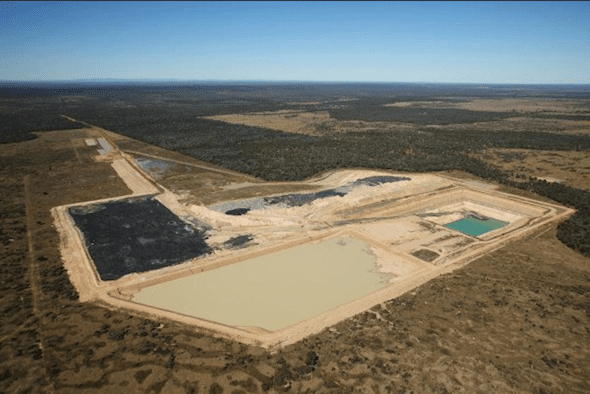The Australian coal mining plans of Indian conglomerate Adani are hanging by a thread, after the Federal Court ruled that the development of what would be Australia’s largest coal mine in Queensland’s Galilee Basin had not been properly assessed for its environmental impact.
In a case brought by Mackay Conservation Group and funded by GetUp!, lawyers from the Environment Defenders Office argued that Coalition environment minister Greg Hunt had incorrectly assessed the proposed Carmichael coal mine’s climate and environment impacts, ignoring both the advice of his own Department, and the poor environmental record of Adani.

Principal solicitor, Sue Higginson, said the Court ruled in favor of setting aside the Carmichael mine’s federal approval, based on Hunt’s failure to factor in conservation advice for two Commonwealth-listed vulnerable species.
According to the Mackay Conservation Group, Hunt himself conceded to the Court that he had failed in his duty to properly assess the Carmichael mine project in accordance with his obligations under federal environmental legislation.
“It is now up to the Minister to decide whether or not to approve the mine, taking into account the conservation advice and any other information on the impacts of the project,” said Higginson on Wednesday.
This time last year, Hunt described the proponents of the legal challenge against the Carmichael mine as being “against electricity.”
“At the end of the day, this is about providing electricity to up to 100 million people in India,” he said about the Adani proposal, in an interview with right wing columnist Andrew Bolt.
“Obviously, there’s an enormous benefit for Australian families and communities. But, in India, where 100 million people can be lifted out of poverty, where there can be electricity for hospitals and schools, of course the hard left, the extreme left, are silent about that, they effectively demonise the people that are bringing folk out of poverty, and I think it’s time that they have an honest conversation.”
This week’s Federal Court ruling comes just weeks after the financial viability of the project – which has been under serious doubt almost since its inception, and was recently named the world’s third most controversial project – was even further undermined by a leaked Treasury report that flagged the coal mine proposal, along with the expansion of nearby Abbott Point port facility and the building of rail infrastructure, as an ‘economic basket case’.








